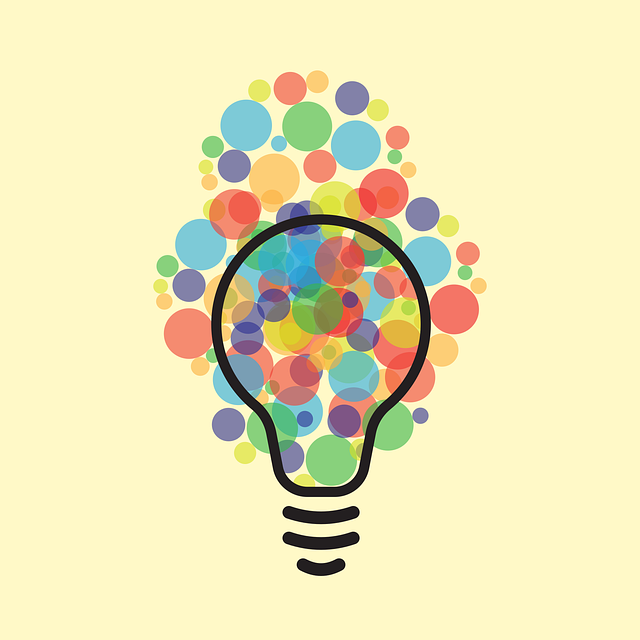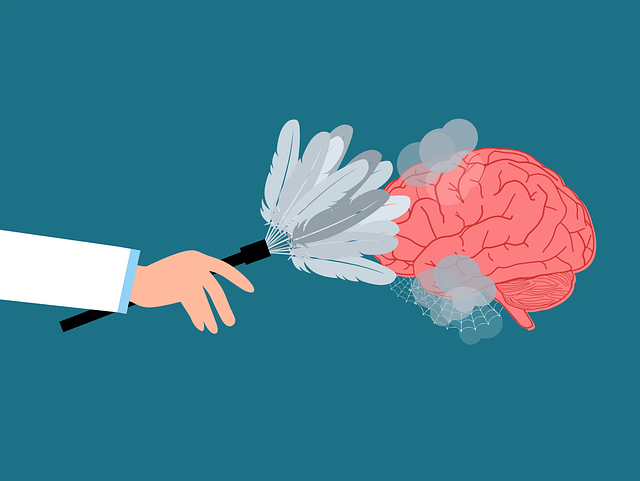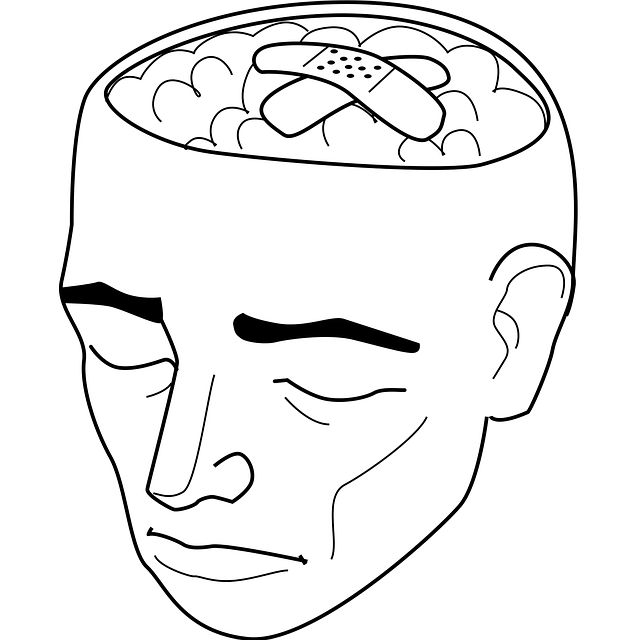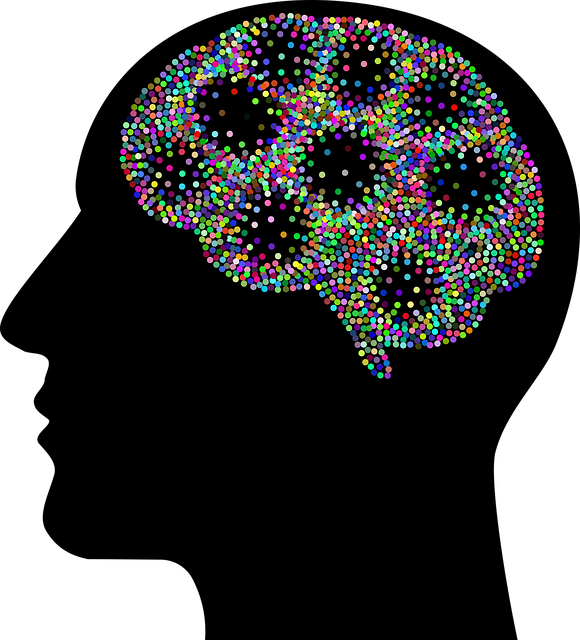Misdiagnosis in child mental health is a significant challenge, often leading to delayed or inappropriate treatment. Mental health professionals are leveraging advanced tools like computer-based adaptive testing and AI platforms, along with culturally sensitive approaches, to improve diagnosis accuracy. Early intervention through evidence-based practices such as CBT and mindfulness training is crucial, and mental health education programs aimed at students and caregivers increase literacy and encourage prompt assistance. Comprehensive training for professionals, combined with awareness campaigns promoting open discussions about mental illness, leads to more precise diagnoses and improved therapy for children.
Mental illness diagnosis accuracy is paramount for effective treatment, especially in children where early intervention can dramatically improve outcomes. This article delves into the challenges of misdiagnosis in child mental health and explores innovative assessment tools designed for more accurate diagnoses. We discuss the critical roles of early intervention and specialized therapies, as well as the essential training and education needed to equip professionals with the best tools for diagnosing mental illness in children.
- Understanding the Challenges: Misdiagnosis in Child Mental Health
- Innovative Assessment Tools and Techniques for Accurate Diagnoses
- The Role of Early Intervention and Specialized Therapies
- Training and Education: Equipping Professionals for Better Diagnosis Accuracy
Understanding the Challenges: Misdiagnosis in Child Mental Health

Misdiagnosis is a significant challenge in child mental health, often leading to delayed or inappropriate treatment. Children’s unique experiences and expressions of distress can be nuanced and subtle, making accurate assessment a complex task. Mental health professionals must consider the child’s age, developmental stage, cultural background, and family dynamics to interpret symptoms accurately. Many common mental health disorders in adults, such as anxiety and depression, manifest differently in younger individuals. For instance, a child might display irritability or acting out instead of the typical adult symptoms of persistent sadness or excessive worry.
This complexity necessitates a tailored approach to therapy for children. Techniques focused on self-esteem improvement and compassion cultivation practices have shown promise in enhancing therapeutic outcomes. By incorporating these evidence-based strategies, mental health professionals can support not only symptom reduction but also foster resilience and overall well-being in young minds. Additionally, addressing misdiagnosis through enhanced training, comprehensive assessment tools, and continued research is crucial to ensuring effective depression prevention and improved mental health care for children.
Innovative Assessment Tools and Techniques for Accurate Diagnoses

Mental health professionals are continually developing innovative assessment tools and techniques to enhance diagnosis accuracy, especially when dealing with children. This includes advanced psychological assessments that go beyond traditional methods. For instance, computer-based adaptive testing offers a dynamic approach by tailoring questions based on a child’s responses, providing more precise insights into their cognitive functions and emotional states. Additionally, digital platforms equipped with artificial intelligence can analyze vast amounts of data from various sources, such as school records, medical history, and even parental observations, to assist in diagnosis.
One effective strategy gaining traction is integrating therapy for children with cultural sensitivity in mental healthcare practice. This involves tailoring assessment techniques to consider a child’s cultural background, ensuring that symptoms are interpreted accurately within their unique context. For example, what might be considered aggressive behavior in one culture could have different meanings and origins in another. Mental wellness journaling exercises guided by professionals can also offer valuable insights into a child’s thoughts and feelings, promoting self-awareness and providing data for more accurate assessments.
The Role of Early Intervention and Specialized Therapies

Early intervention plays a pivotal role in improving mental illness diagnosis accuracy and enhancing treatment outcomes. By identifying potential issues at an early stage, especially in children, professionals can implement tailored therapy for children, such as cognitive-behavioral therapy (CBT), which has proven effective in treating various mental health disorders. This proactive approach ensures that kids receive the necessary support before symptoms escalate, fostering better adaptation and resilience.
Specialized therapies go beyond standard treatment protocols, focusing on evidence-based practices like mindfulness training and positive thinking exercises. These methods not only help in depression prevention but also empower individuals to develop coping mechanisms. Additionally, designing mental health education programs that educate both students and caregivers can significantly contribute to the overall mental health literacy, enabling early recognition of symptoms and encouraging timely seeking of professional assistance.
Training and Education: Equipping Professionals for Better Diagnosis Accuracy

Professionals involved in mental health care play a pivotal role in ensuring accurate diagnoses, especially when it comes to children. Training and education programs are instrumental in enhancing their skills and knowledge. These initiatives focus on several key areas to improve diagnosis accuracy, such as child development, emotional intelligence, and recognizing subtle symptoms of mental illness. By equipping professionals with the latest research and evidence-based practices, they can better understand complex behaviors and provide appropriate therapy for children.
Mental health awareness campaigns contribute to this effort by fostering a culture where discussions about mental illness are open and non-stigmatized. These programs often include training on stress reduction methods, which is essential as many mental health issues stem from prolonged stress or emotional trauma. Ultimately, combining comprehensive education with increased mental health awareness enables professionals to make more precise diagnoses, leading to better treatment outcomes for young individuals.
Mental illness diagnosis accuracy is a multifaceted issue that requires innovative assessment tools, early intervention strategies, and comprehensive professional training. By integrating these efforts, we can significantly improve outcomes for children receiving therapy for mental health conditions. Enhancing diagnostic accuracy not only ensures appropriate treatment but also fosters a more supportive and effective care environment for young minds.














